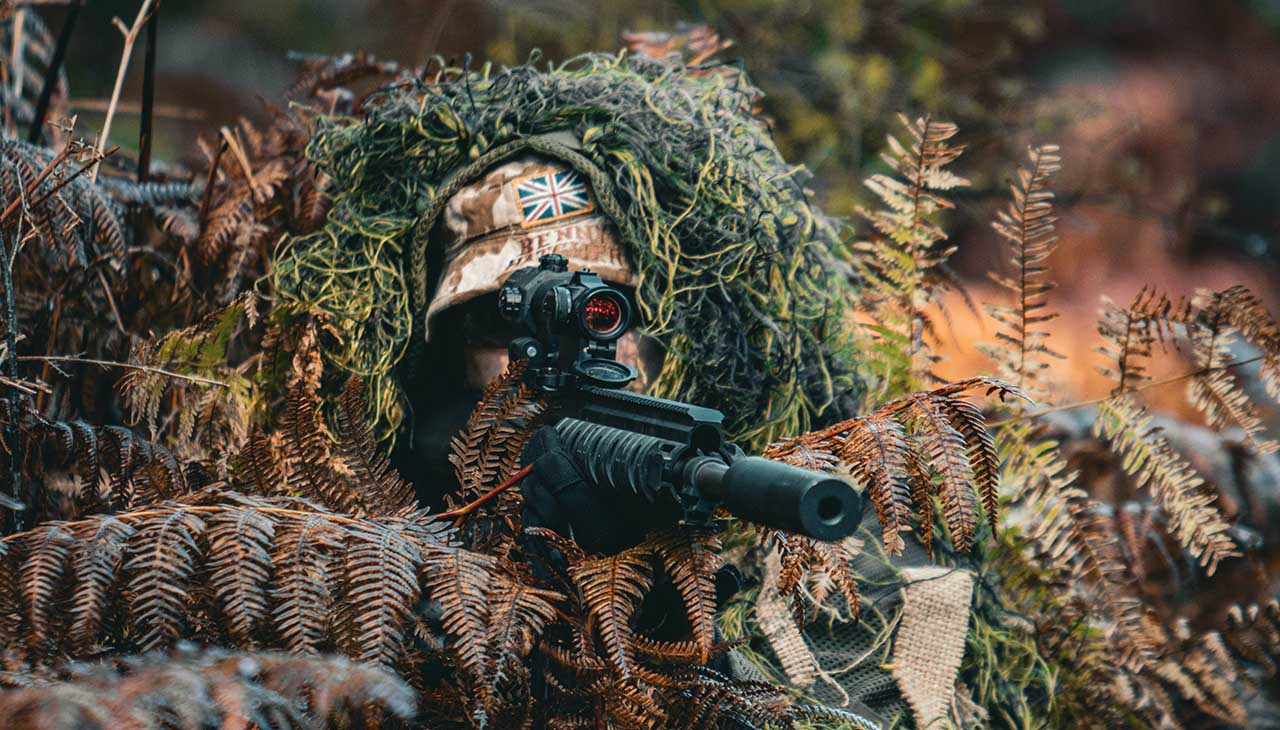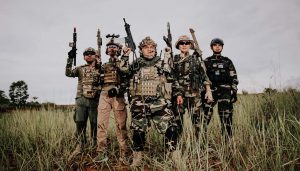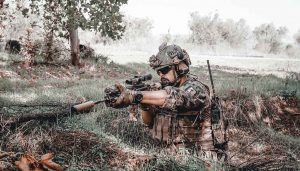The Social Side of Hunting: Community and Camaraderie at the Clubhouse
Hunting, at its core, is the practice of pursuing and capturing or killing wildlife or feral animals, traditionally for food, recreation, or trade. While the physical act of hunting is often the focus, an often overlooked aspect is the sense of community and camaraderie it fosters. Indeed, the social side of hunting is an integral part of the tradition, bringing together people of all walks of life. The clubhouse, a gathering place for hunters, serves as a venue where shared experiences and stories contribute to a collective identity, and where bonds of friendship and mutual respect are formed and fostered. The importance of community and camaraderie in hunting cannot be overstated, as it provides a sense of belonging and mutual support among its members, thus enriching the hunting experience.
The Clubhouse: A Gathering Place
Description of the Clubhouse
The clubhouse, often nestled in a picturesque setting surrounded by untouched nature, serves as a home base for hunting enthusiasts. The welcoming ambiance, characterized by rustic decor and the warmth of timber, immediately connects its visitors to the spirit of the wilderness. The walls adorned with trophies and memorabilia silently narrate tales of past hunting expeditions, instilling a sense of history and tradition.
Role of the Clubhouse in Fostering Community
The clubhouse plays a pivotal role in fostering a sense of community among hunters. It’s a place where newcomers are welcomed into the fold, where experienced hunters share their wisdom, and where everyone can gather around the fire to share their hunting tales. The clubhouse is more than just a physical location; it’s a space where camaraderie is fostered, traditions are upheld, and a shared passion for the outdoors is celebrated.
Activities and Events at the Clubhouse
Clubhouses often host a variety of activities and events designed to bring their members closer. These include hunting trips for members to collaborate and learn from each other, workshops to educate about wildlife conservation, talks by accomplished hunters, and social events such as dinners and holiday celebrations. Additionally, clubhouses might host charity events, further enhancing their role in the broader community. These activities and events serve a dual purpose: strengthening the bonds between members while promoting the sport and its responsible practices.
Sharing Stories and Experiences
Importance of Storytelling in Hunting Culture
Storytelling holds a significant place in hunting culture. It’s through these narratives that hunters pass on their knowledge, experiences, and the ethos of hunting to others. Each story, be it of a successful expedition or a lesson learned the hard way, carries with it a piece of hunting wisdom. Moreover, it helps to preserve and propagate the rich tradition and heritage of hunting, keeping the spirit of the sport alive through generations.
Bonding Over Shared Experiences
Sharing experiences, whether of triumphant hunts or missed shots, creates a bond among hunters. It’s in these moments of shared victory and defeat that camaraderie is built, forming connections that go beyond the sport itself. The collective narrative of these experiences forms the heart of the hunting community, creating a sense of unity and mutual understanding among its members.
Learning from Seasoned Hunters
Listening to the stories and experiences of seasoned hunters is an invaluable learning opportunity for newcomers. These firsthand accounts provide insights that can’t be gleaned from books or guides. They offer lessons on patience, respect for nature, and the ethics of hunting. Moreover, the wisdom of seasoned hunters, shared around the fire at the clubhouse, fosters a culture of mentorship, promoting the growth and development of the next generation of hunters.
Mentorship and Support
Role of Experienced Hunters as Mentors
Experienced hunters carry the dual role of mentors and educators within the hunting community. Their rich tapestry of experiences, honed skills, and nuanced understanding of the wilderness make them repositories of knowledge, which they willingly share. They guide novice hunters, offering practical advice on tracking, wilderness survival, responsible hunting practices, and respect for wildlife. They also serve as role models, embodying the ethics and values of the hunting tradition.
Passing Down Traditions and Skills
The clubhouse serves as a conduit for the transmission of hunting traditions and skills from one generation to the next. Through storytelling, shared experiences, and hands-on guidance, experienced hunters pass on their knowledge to newcomers. This includes the practical skills necessary for safe and successful hunts, such as tracking, marksmanship, and field dressing. Additionally, they instill the ethical aspects of hunting, from the respect for wildlife and nature to the principles of fair chase. This tradition of passing down skills ensures the continuance and preservation of hunting as a respectful pursuit of wildlife.
Emotional and Practical Support within the Hunting Community
Hunting, by its nature, can be emotionally and physically demanding. The hunting community, with its inherent camaraderie, provides a network of emotional and practical support to its members. Shared experiences forge strong bonds, transforming the community into an extended family. Hunters find comfort and reassurance in the wisdom and empathy of their peers, especially during challenging times. Practical support comes in many forms, from guidance on hunting techniques to assistance in wilderness survival skills and understanding local regulations. This spirit of mutual assistance is the cornerstone of the hunting community, underscoring its essence of fellowship and cooperation.
Charity and Giving Back
Fundraising Events and Initiatives
The hunting community is deeply committed to giving back, and the clubhouse often serves as the venue for various fundraising events and initiatives. These might include charity hunts, silent auctions of hunting gear, or fundraising dinners. The proceeds from these events often go toward local conservation efforts, wildlife rescue and rehabilitation, or educational programs about the wilderness and wildlife. These initiatives not only contribute financially to important causes but also bring the community together in a shared mission.
Contributions to Conservation Efforts
Many hunting clubs make significant contributions to conservation efforts. This involvement ranges from participating in habitat restoration projects to funding research into local wildlife populations. Some clubs also collaborate with local conservation bodies, providing resources, volunteers, and expertise. These efforts help to ensure the sustainability of local wildlife, contributing to the preservation of the wilderness for future generations. This commitment to conservation underscores the hunting community’s respect for nature and their role as stewards of the wilderness.
Building a Sense of Purpose and Pride within the Community
By actively participating in charity work and conservation efforts, the hunting community fosters a sense of purpose and pride among its members. This involvement serves as a reminder of the privilege of being able to enjoy the wilderness and the responsibility that comes with it. It reinforces the community’s shared values, strengthening the bonds between its members. Moreover, these actions demonstrate to the wider community the positive impact of the hunting community, fostering mutual respect and understanding. This, in turn, instills a deep sense of pride within the hunting community, knowing that they are making a tangible difference not just within their group, but also in the broader society and environment.



